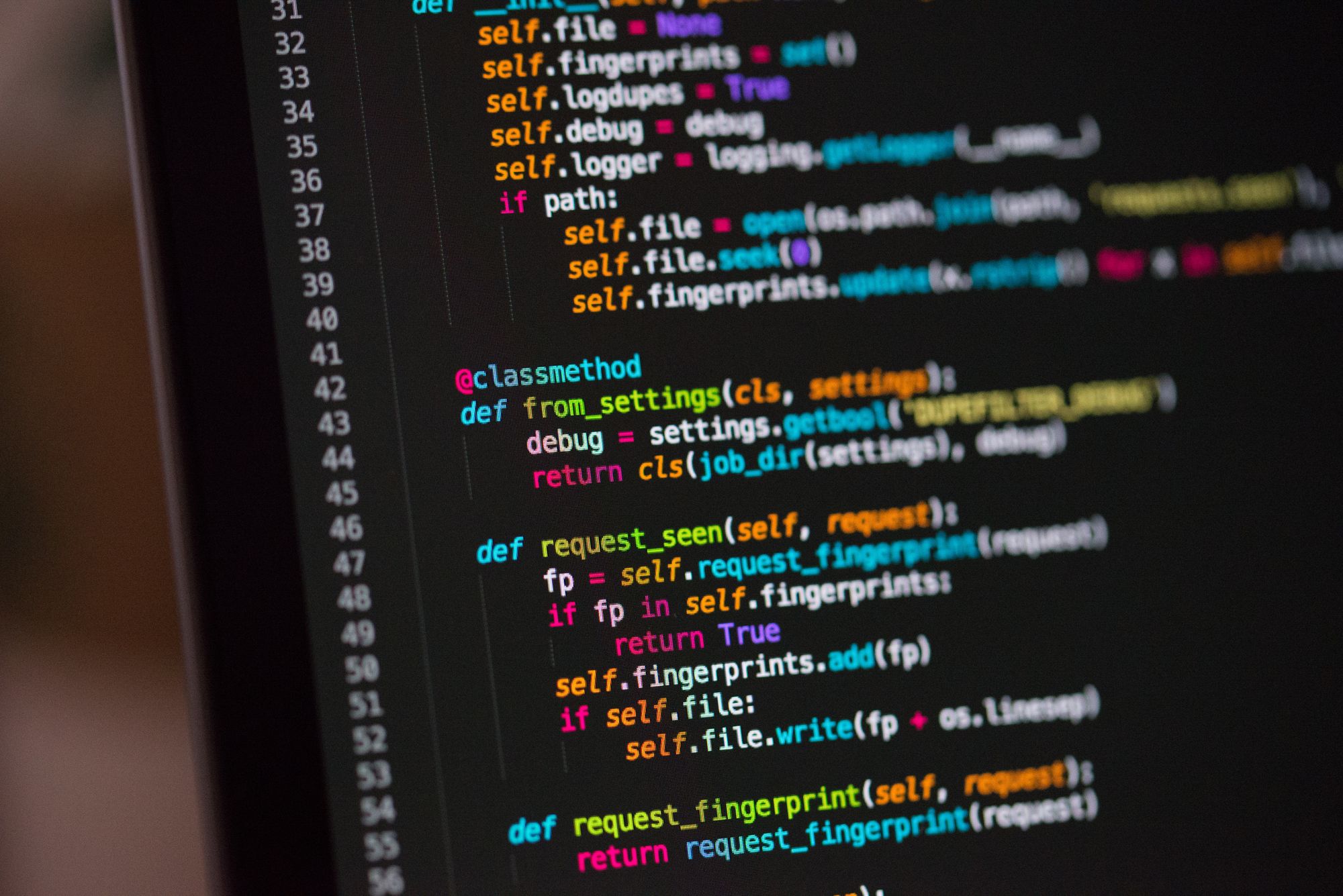
Ես ուզում էի ստեղծել խելացի գործակալ, որը կարող է խաղալ տիկին Փաք-Մենի դասական խաղը: Ես որոշեցի օգտագործել Q-Learning ալգորիթմը գործակալին վերապատրաստելու համար, քանի որ այն հանրաճանաչ և հաստատված ամրապնդման ուսուցման տեխնիկա է:
Ես սկսեցի ստեղծելով ALE ինտերֆեյսը, որը թույլ կտա ինձ շփվել խաղի հետ: Ես միացրեցի ցուցադրման էկրանը և ձայնը, որպեսզի կարողանայի տեսնել և լսել խաղը, երբ խաղում էր գործակալը: Այնուհետև ես բեռնեցի Ms. Pac-Man ROM-ը և ստացա գործողությունների տարածքի չափը, որը կորոշեր իմ Q-աղյուսակի չափը:
Հաջորդը, ես փորձեցի բեռնել նախկինում պատրաստված Q-աղյուսակը, բայց քանի որ այն չկար, ես ստիպված էի սկսել նոր Q-աղյուսակից, որը լցված էր պատահական արժեքներով: Ես սահմանեցի ուսուցման տոկոսադրույքը (ալֆա), զեղչի գործակիցը (գամմա) և հետախուզման արագությունը (էպսիլոն) համապատասխանաբար 0,5, 0,9 և 9,0:
Ամեն ինչ տեղում, ես պատրաստ էի սկսել մարզել իմ գործակալին: Ես ցուցադրեցի տիկին Փաք-Մանի 10,000 դրվագ, որտեղ գործակալը գործողություններ էր կատարում և պարգևներ ստանում Q-աղյուսակի արժեքների հիման վրա: Յուրաքանչյուր գործողությունից հետո ես թարմացնում էի Q-աղյուսակը՝ հիմնվելով դիտարկված պարգևի և հաջորդ վիճակի արժեքների վրա: Ես նաև տպել էի յուրաքանչյուր դրվագի ընդհանուր պարգևը, որպեսզի կարողանամ հետևել գործակալի առաջընթացին:
Երբ գործակալը խաղում էր, նա սովորեց իր փորձից և աստիճանաբար բարելավեց իր կատարումը: Ամեն 500 դրվագը ես պահում էի Q-աղյուսակը, որպեսզի համոզվեմ, որ չեմ կորցնի գործակալի առաջընթացը, եթե ինչ-որ բան սխալ լինի:
Ի վերջո, 10,000 պարապմունքներից հետո իմ գործակալը բավականին հմուտ էր դարձել միսիս Փաք-Մենին խաղալու հարցում: Այն կարողացավ հեշտությամբ նավարկել լաբիրինթոսում, ուտել կետերը և հեշտությամբ խուսափել ուրվականներից: Ես հպարտ էի այն ամենով, ինչ արել էի և ոգևորված էի տեսնելով, թե ինչ այլ խաղեր կարող եմ պատրաստել իմ գործակալին հաջորդ խաղում:
ստորև ներկայացված է օգտագործված կոդը.
import pickle
import numpy as np
import gymnasium as gym
from ale_py import ALEInterface
# Create the ALE interface
ale = ALEInterface()
# Enable the display screen to show the game screen while the AI is playing.
ale.setBool('display_screen', True)
# Enable sound
ale.setBool('sound', True)
# Load the Ms. PacMan ROM
#ale.loadROM("C:\\Users\\jimbu\\Atari\\Ms. PacMan.a26") #Windows
ale.loadROM("/Users/beusse/Atari/Ms. PacMan.a26") #Mac
# Get the size of the action space
num_actions = len(ale.getMinimalActionSet())
valid_actions = set(ale.getMinimalActionSet())
# Define the Q-table with the size of the state space and action space
screen_height, screen_width = ale.getScreenDims()
q_table = np.random.rand(screen_height * screen_width, num_actions)
# load the q_table
try:
with open('q_table_Ms.PacMan.pkl', 'rb') as f:
q_table = pickle.load(f)
print("Loading previously trained Q-table")
except:
q_table = np.random.rand(screen_height * screen_width, num_actions)
print("Q-table not found, starting with new Q-table")
# Define the learning rate, discount factor, and exploration rate (epsilon)
alpha = 0.5
gamma = 0.9
epsilon = 0.5
#A good starting point for the learning rate (alpha) is typically between 0.1 and 0.5.
#A low learning rate means that the agent will update its Q-values slowly, which can
# make the learning process more stable but also slower. A high learning rate means that
# the agent will update its Q-values quickly, which can make the learning process faster
# but also more unstable.
#A good starting point for the discount factor (gamma) is typically between 0.5 and 0.9.
# A low discount factor means that the agent will prioritize short-term rewards over
# long-term rewards, while a high discount factor means that the agent will prioritize
# long-term rewards over short-term rewards.
#A good starting point for the exploration rate (epsilon) is typically between 0.1 and 0.5.
#A low exploration rate means that the agent will mostly follow the Q-table, while a high
#exploration rate means that the agent will explore the state space more.
# Define the number of episodes to train the AI
num_episodes = 10000
# Train the AI
for episode in range(num_episodes):
# Reset the environment
ale.reset_game()
# Set the initial reward to zero
total_reward = 0
# Run the episode
while not ale.game_over():
# Get the current state
state = ale.getScreenRGB()
state = state.flatten()
# Choose an action according to the Q-table and an exploration strategy
if np.random.rand() < epsilon:
action = np.random.randint(num_actions)
else:
action = np.argmax(q_table[state])
# Take the action and observe the next state and reward
reward = ale.act(action)
# Get the next state
next_state = ale.getScreenRGB()
next_state = next_state.flatten()
# Update the Q-value for the current state and action
q_table[state, action] = (1 - alpha) * q_table[state, action] + alpha * (reward + gamma * np.max(q_table[next_state]))
# Update the total reward
total_reward += reward
# Update the current state
state = next_state
# Check if the episode is over
if ale.game_over():
break
# Save the Q-table every 500 episodes
if episode % 500 == 0:
with open('q_table_Ms.PacMan', 'wb') as f:
pickle.dump(q_table, f)
# Print the total reward for the episode
print("Episode: {}, Total reward: {}".format(episode, total_reward))






